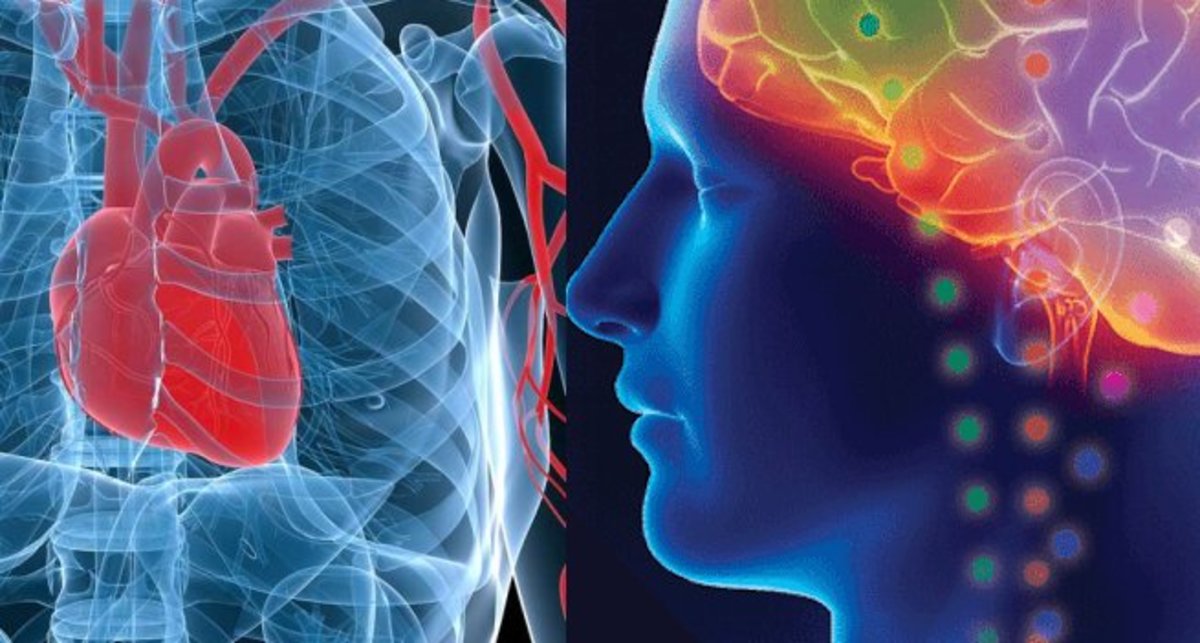
The idea of transplanted cellular memory emerged as early as 1920 in the film “Les Mains d’Orleac” written by science fiction writer Maurice Renard. A second brain in the heart is now much more than an idea. Prominent medical experts have recently discovered that many recipients of heart transplants are inheriting donors’ memories and consequently report huge changes in their tastes, their personality, and, most extraordinarily, in their emotional memories. Today new science is testing the theory that the heart is involved in our feelings. So what have they discovered so far?
Discovery of Case Studies
Amazing new discoveries show that the heart organ is intelligent and that it sometimes can lead the brain in our interpretation of the world around us, and in the actions we chose to take. A large number of case studies were enough to prompt some scientists to look differently at the heart and test old theories that the heart is involved in our feelings and emotions. Since cardiac surgeon Christian Barnard’s first successful human heart transplant in South Africa in 1967, heart transplant recipients have had intriguing experiences, so strange and out of character that they seek to meet the families of their donors to find out what is going on. Could they have inherited certain behavioral and character traits through cellular memories stuck in the heart of their donors?
Meeting Donor’s Family
Upon meeting their donors’ families, the heart transplant patients’ hunches were confirmed: the new personality traits had indeed been passed on from their donors. Families of donors often tend to bond with a recipient of an organ donated by their departed loved ones. They, in many ways, recognize and like the recipient, almost as if a part of their lost one was, somehow, still alive.
